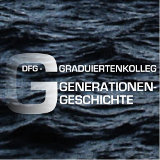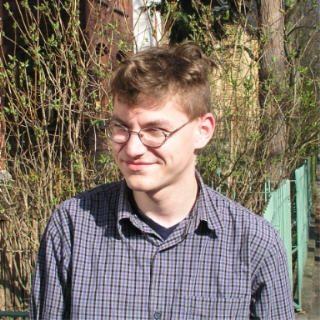Abstract Timofei Agarin
Recent research on the social and political transformation in the post-Soviet Baltic states have shown a discrepancy between the governments' agenda for the development of countries, and the actual capacity of societies to accommodate the differences of their communities. Underlining the importance of sentiment of identity between different communities on the course toward an effectively functioning polity, I seek to describe the post-Soviet Baltic societies as united mainly by occasional discursive interaction, as for example, on issues of education, concerning both communities. It will be argued, that merely the reciprocal acknowledgement of diverse ethnic, cultural and linguistic communities by accepting their belonging to a same state community sustains the existence of 'parallel societies' in the Baltics. Preliminary research indicates that the possibility of democratic consolidation in the Baltic states is in question.
My PhD project will address three main issues concerning recent developments in the Baltic states. At the initial stage I will elaborate a theoretical approach, describing the processes of community building in societies undergoing individualisation after the dissolution of a collectivist ideology. My previous research of nationalism theories and poststructuralist identity approaches will provide appropriate theoretical background. Special role played by the social and political elites of different generations, i.e. Soviet and post-Soviet, will be examined in detail. The question to be answered at this stage would seek to examine the presence or absence of distinct patterns of political action, typical for age-cohorts socialised under Soviet and in early post-Soviet circumstances.
At the second stage of research, I intend to collect empirical data on cooperation between majorities and minorities in the Baltic states, by monitoring the work of community projects engaged with consolidation of ethno-cultural groups, such as the Latvian State Language Programme. A series of interviews with activists of minority and majority groups will be conducted in order to assess the perspectives of non-discursive recognition in each of the states. It will be assessed whether age-differences and altered circumstances of socialisation undergone by interviewers, expose different strategies preferred to overcome or reproduce the salient interethnic tensions. The explanation of varied intensity and vigour in assistance for disfranchised will be sought in highly fragmented generational consciousness of the generation, exposed to exuberance of political, social and economic transition.
The final stage of the PhD research will embark on the comparison of legal framework with particular strategies of groups in pursuit of further interethnic cooperation, necessary for effective democratic consolidation. 'Generational dynamics' will be examined as a category explaining social and political drawing closer the diverse ethnic communities and powerful enough to exchange the negative memory of the past exposing the favourable perspective on the common heyday. The broader context of the emerging sentiment of belonging will be explored as a precondition for individual membership and identity in both the society and polity necessary for the successful implementation of democracy, regardless of previous experience formed along generational lines.

